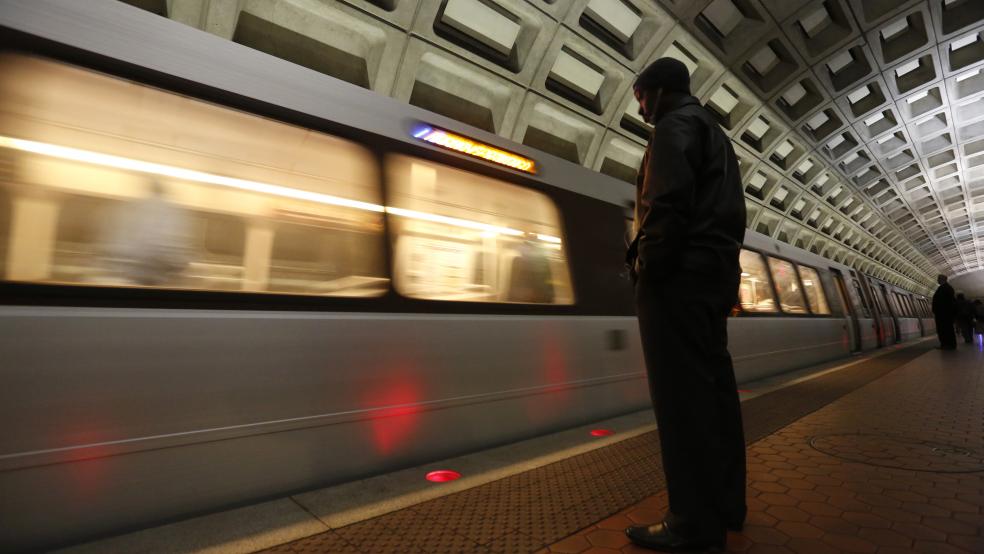Negotiators looking to finalize a $1 trillion bipartisan infrastructure deal say they’re getting close, but funding for transit remains a hangup — and frustrations are starting to show as the talks drag on.
Republicans and Democrats are at odds over funding for highways and public transit. The bipartisan negotiators had seemingly agreed for the most part on an increase in funding for public transit, but Sen. Pat Toomey (R-PA), the top Republican on the Banking Committee, which has jurisdiction over transit, reportedly objected. Now Republicans are looking to change a long-standing 80-20 split of money going to roads versus that going to rail and bus systems, according to reports.
“The split — giving transit one dollar for each four that highways get — has its roots in the 1980s, but has only been sustained by an uneasy truce between lawmakers,’ The Washington Post’s Ian Duncan reports. “Republicans have sometimes proposed scaling back transit funding, while Democrats have hoped to increase its share. The dispute has arisen again as a group of senators tries to wrap up the infrastructure package.”
Republicans reportedly want to cut the transit share from 20% to 18%, arguing that transit agencies already got some $70 billion in Covid relief funds and that the funding split in recent years has seen more than 82% go to highways.
An infrastructure bill without transit? Sen. Rob Portman (R-OH) suggested dropping transit funding from the infrastructure package entirely. “Transit funding has not yet been resolved. That’s important, but if we can’t resolve it then we could leave that out. I hope not,” he said, according to The Hill. Portman, the lead GOP negotiator on the deal, told reporters that Democrats “are not being reasonable in their requests right now.
Sen. Chris Coons (D-DE), an ally of President Joe Biden’s, told CNN Friday that he would support the package even if it excluded the transit portion because Democrats could add transit funding to the budget reconciliation package they plan to pass. But other Democrats have made clear they won’t go for that.
Democratic Sens. Sherrod Brown of Ohio and Tom Carper of Delaware said Thursday that they won’t vote for a package that lowers transit funds. “Robust funding for transit must be included in the legislation,” they said in a statement. “We will not support any package that neglects this fundamental part of our nation’s infrastructure.” Brown reportedly accused Republicans of stalling the talks in an effort to derail Biden’s agenda.
Why it matters: “The question of transit funding underscores different ideas among Republicans and Democrats about what infrastructure spending should achieve,” writes the Post’s Ian Duncan. “Democrats argue that boosting transit funding would encourage more Americans to use buses and trains, reducing carbon emissions from cars and tackling congestion without building new road lanes.”
The bottom line: The transit issue isn’t the only remaining difference, making it unclear if negotiators will be able to finalize a deal by early next week. But given how far they’ve gotten, it’s far too soon to think any of the remaining hurdles will scuttle a deal.
Budget
One Last Obstacle to an Infrastructure Deal: Public Transit Funding

REUTERS/Kevin Lamarque




